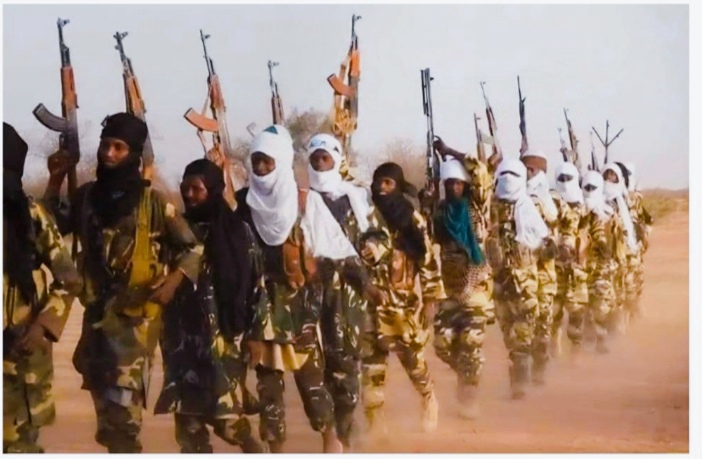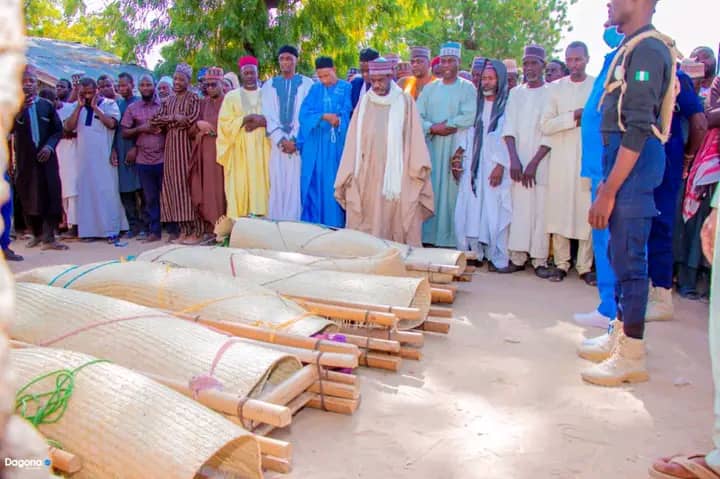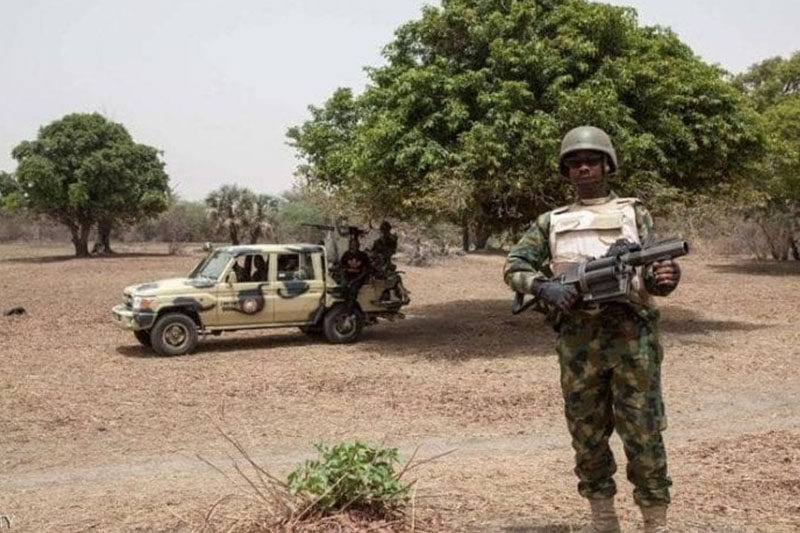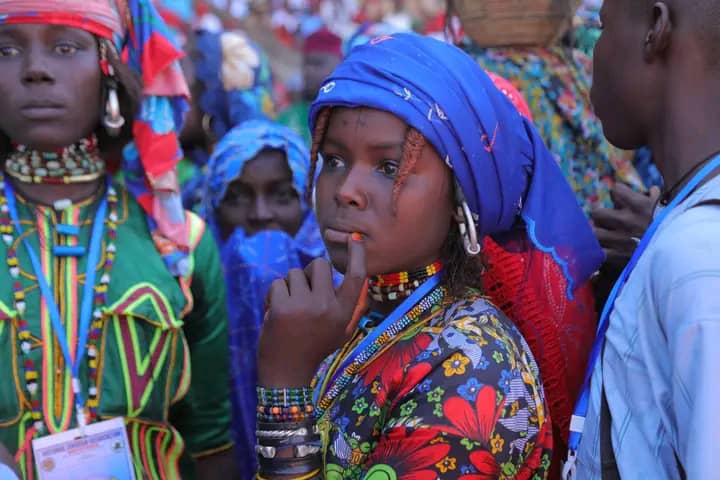Suspected insurgents kill farmers and firewood collectors in forests close to Lomani and Saula in the Marte district – witnesses say many are missing and death roll might rise.
At least 14 people have been killed in two separate attacks on villages in the Marte district of Borno State.
Witnesses said there were still people missing, so the death toll might be higher.
Mele Bulama Gambo, a resident of the Marte Local Government Area, told RNI that suspected insurgents attacked more than 70 people – mostly farmers attending to their crops and people collecting firewood in forests close to the villages of Lomani and Saula.
“The attacks happened at about 10am. The gunmen seemed to come out of nowhere. They were heavily armed and started shooting haphazardly.”
Witnesses were unable to say whether the insurgents were from the Jamā’at Ahl as-Sunnah lid-Da’way Wa’l-Jihād (JAS), more commonly referred to as Boko Haram, or its offshoot, the Islamic State West Africa Province (ISWAP). They said it was hard to distinguish between the two groups.
“The insurgents caught five men and started shooting them. The farmers started running for their lives. Some managed to escape but at least 14 people were shot dead. And there are some who are still missing. It was not only men who were attacked – there were women there too,” said Gambo.
“The attacks occurred in the Lomani and Saula villages on Sunday, December 1. Because of bad telecoms in the area, we heard about the attacks only days later.
“The insurgents deliberately allowed one of the farmers – who was seriously wounded – to go home so that everyone would hear about the gruesome attacks.
“Now people are frightened and they do not want to go to their farms or to collect firewood. They say it is not safe. Some are still busy with harvesting but they will only go back to their land if they have more protection. All the people in this area want better protection so that they can go about their daily activities without the threat of insurgents,” Gambo said.
Abukar Ali, a resident of Marte, said that despite the efforts of the Nigerian military, the Civilian Joint Task Force (CJTF) and other security operatives, they were unable to stop the insurgents and attacks were becoming more frequent.
“The people who are attacked are innocent – most are farmers who are just trying to produce food to eat and sell. Others go to the fringes of the forest to get firewood to cook and sell. It is their only means of making money.
“The latest attack was a shock because there is a strong military presence. And CJTF members, vigilantes and hunters are also here. But even though they do their best to protect the lives and property of the people, the insurgents still manage to attack us.
“It is worrying because many of the people in the Marte district are displaced people who have been resettled here. We are scared that frequent attacks will result in them being displaced again.
“That is why we are calling on the government to find some solution to quell the ongoing insecurity. It is frightening to be on constant guard – always expecting insurgents to come out of the forest and shoot.”
Ali said it was not known how many people were still missing.
“We do not know if they are alive or dead. They might be injured. The insurgents might be holding them for ransom.”
Babagana Umara Zulum, the Borno State governor, has urged the Nigerian Armed Forces to do what is necessary to improve the security situation in Marte.
He emphasised the importance of stabilisation mechanisms, including rehabilitation and reconstruction, particularly for residents who had been resettled in the Marte district.
He noted that the military’s decision to evacuate villages without considering the consequences had led to desertion.
Zulum made the remark while welcoming Olufemi Oluyede, the new Chief of Army Staff, to Borno State on Thursday, December 5 when he asked him to help his administration in its efforts to revive agriculture.
Oluyede was hosted at Borno Government House in Maiduguri, the state capital, in what was his first official visit since his appointment last month. He replaced Lieutenant-General Taoreed Abiodun Lagbaja, who died on November 5.
Zulum urged Oluyede to encourage his soldiers to support the resettlement of communities such as Kareto, Gudumbali and Krenowa. He said resettled communities needed to feel safe so that they could move around freely, earn a living and become self-sufficient.
He suggested creating a brigade in Gudumbali and a battalion in Kareto and Krenowa, highlighting the agricultural potential of the locations.
Zulum said that if these lands were cultivated, it could feed one-third of the nation with wheat and rice and other staples.
SHETTIMA LAWAN MONGUNO









